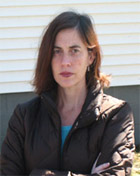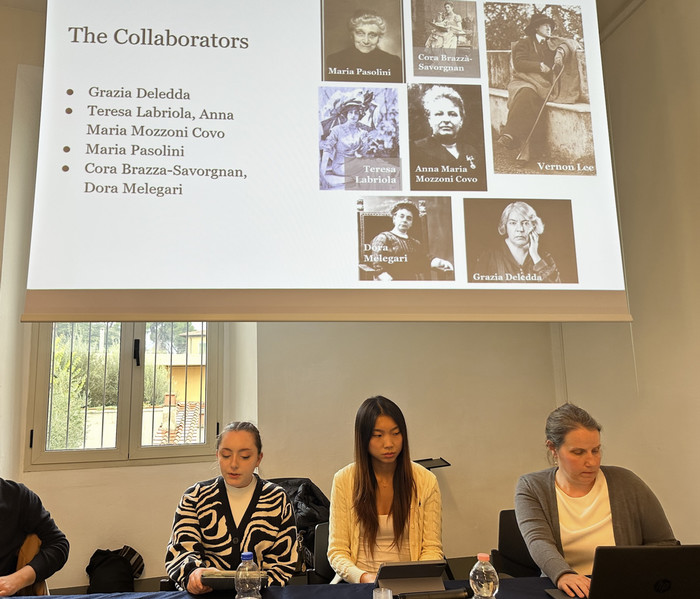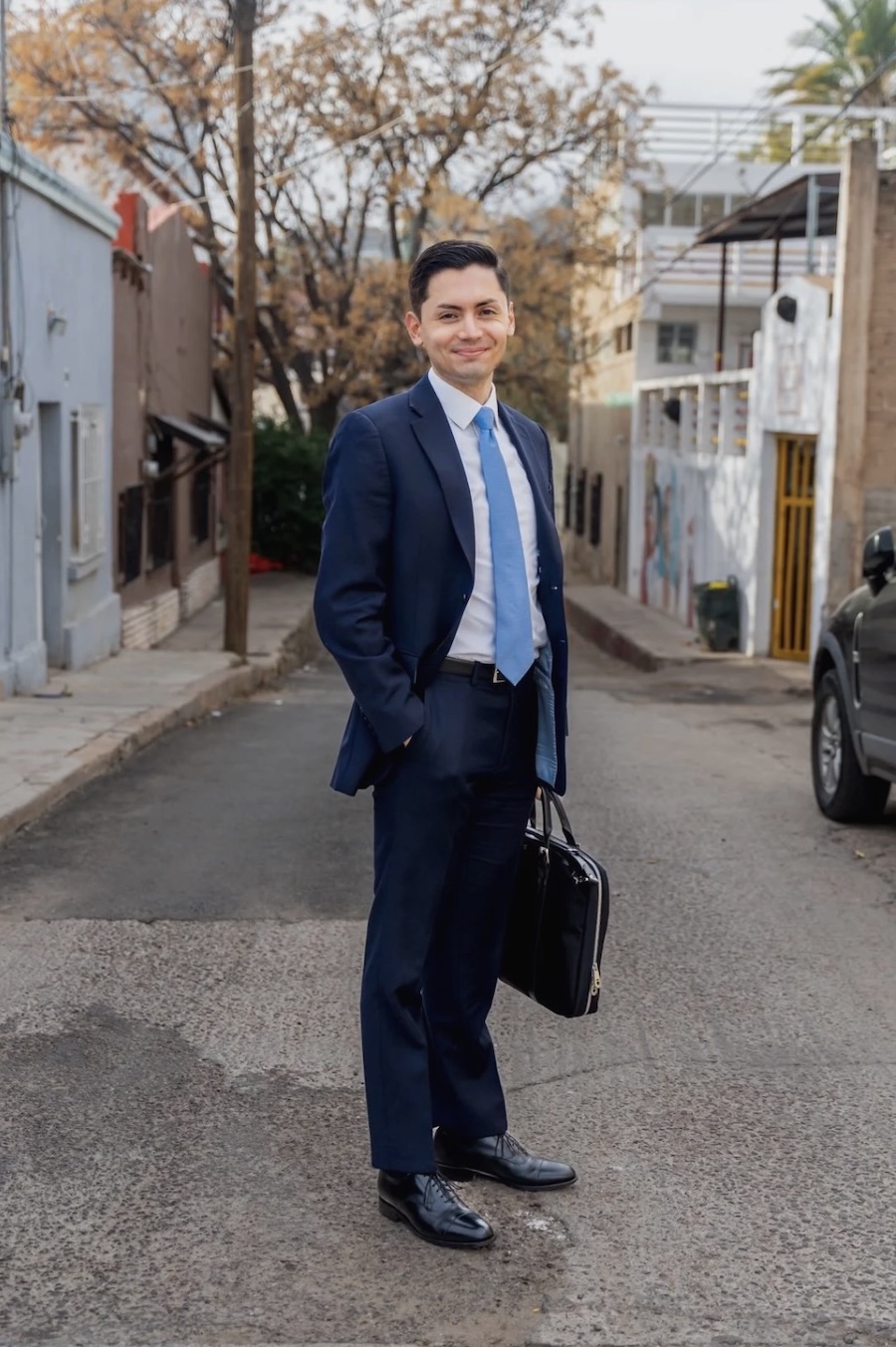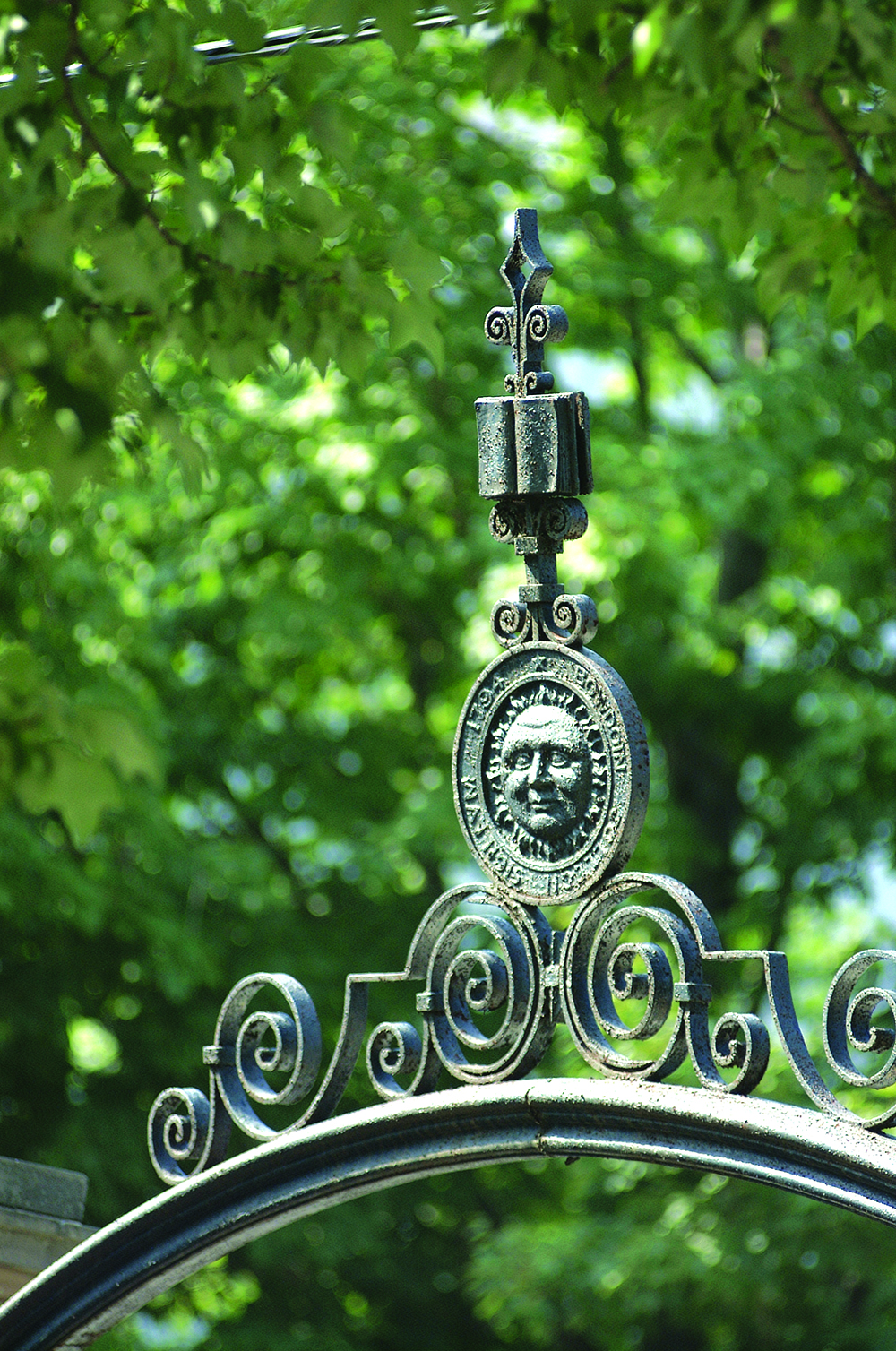Cueto Asin Offers Reflections from Fidel Castro’s Ancestral Homeland
By Tom Porter
In Spain, the media coverage of Castro’s death was ample: There were features recalling the impact that the Cuban Revolution once had on a generation (El Mundo, for example), and yet I found these pieces rather cold and generally not laudatory.
Even in the liberal press (e.g. El Pais), columns and collected opinions by intellectuals from around Latin America were skeptical of his legacy. Nobel Prize winner Mario Vargas Llosa, for example, turns around Castro’s famous phrase “La historia me absolverá” (History will absolve me)’ by stating: “ A Fidel Castro no le absolverá la historia (History will not absolve Fidel Castro).
I found as many articles focusing on Cuba’s uncertain future as there were celebrating the country’s fifty-plus years under the “comandante.”
In Lancara, a little town in Galicia, in Northern Spain, where the Castro family hails from and where Fidel still has a living cousin, there was a ceremony of commemoration and a vigil. They announced plans to make a museum at the humble house were Fidel’s father was born—a tourist attraction, for sure.”



